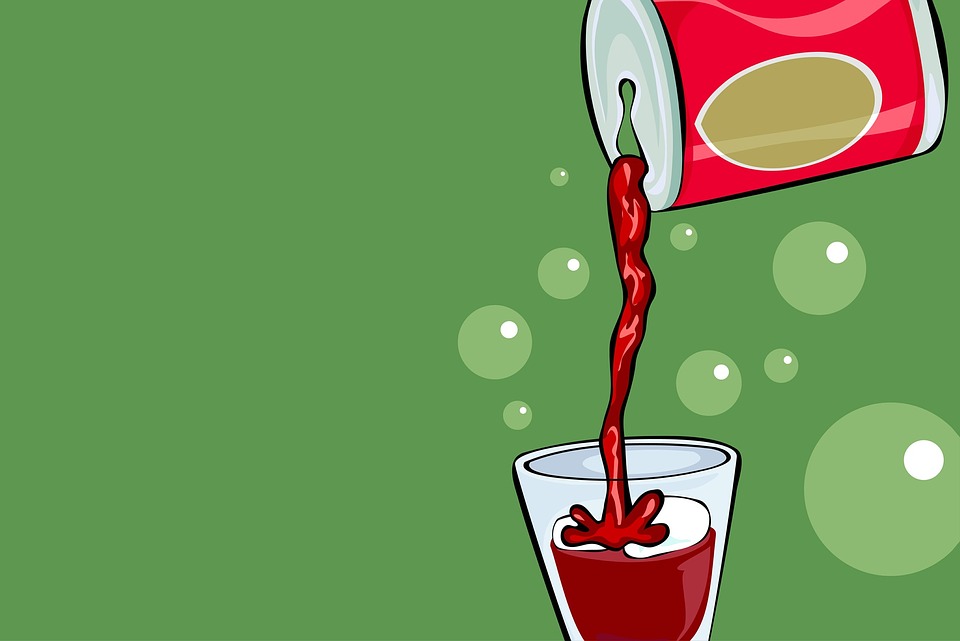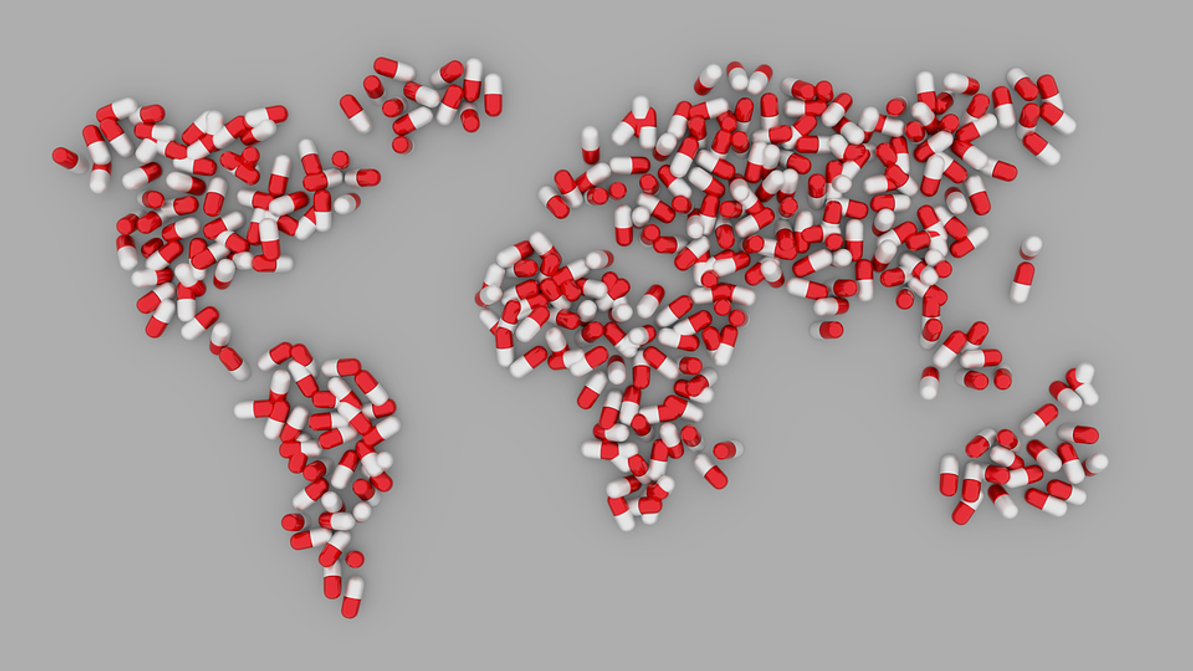More than 1 Billion People Suffer from High Blood Pressure

High blood pressure, also known as hypertension, is one of the most influential risk factors of heart disease. According to the American Heart Association (AHA), a "healthy" blood pressure should have a top number that's between 90 and 120 and a bottom number that's between 60 and 80. When both of these numbers are within their respective ranges, you have a normal, healthy blood pressure. But when either of them exceed the aforementioned limits, you have high blood pressure; thus, increasing the risk of heart disease.
If you think high blood pressure is a small and isolated problem, however, you might be surprised to learn that it affects more than 1 billion people throughout the world. In fact, a new study conducted by researchers at the Imperial College London found that 1.13 billion suffer from high blood pressure. This is the largest study involving high blood pressure to date, with resources provided by the World Health Organization (WHO) along with hundreds of other scientists and medical researchers.
The study, published in the journal The Lancet, found a link between poverty and high blood pressure. They discovered that people living in poor countries had a greater risk of developing high blood pressure when compared to people living in developed countries. Researchers speculate that the correlation could be attributed to the fact that people in developed countries have better access to fresh fruits and vegetables. In comparison, people living in underdeveloped countries often consume processed foods on a day-to-day basis.
Researchers believe that more "economic means" and "regulation" could improve access to nutritious foods, which in turn would reduce rates of high blood pressure. They go on to say that without such measures, it's unlikely that the WHO will achieve its target goal of reducing rates of high blood pressure by 25% by 2025.
"We need economic means and regulation to improve access to high quality food, especially fruits and vegetables, and reduce excessive salt in food. We also need a stronger healthcare system, to identify people with high blood pressure earlier, and improve access to treatment and medication. Without these measures, the world is unlikely to achieve the World Health Organization’s target of reducing the proportion of people with high blood pressure by 25 per cent by 2025,” said the study's researchers.
Recent Posts
-
Fire Safety in the Workplace: What You Need to Know
What steps are you taking to prevent fires in your workplace? According to the U.S. Occupational Saf …Aug 23rd 2023 -
Is It Safe to Go Jogging With a Cold Infection?
If you're suffering from a cold infection, you might be wondering whether it's safe to go jogging. T …Aug 22nd 2023 -
5 Safety Tips to Follow When Using a Powder-Actuated Tool
Powder-actuated tools are commonly used to join materials to steel and concrete. Also known as Hilti …Aug 20th 2023




